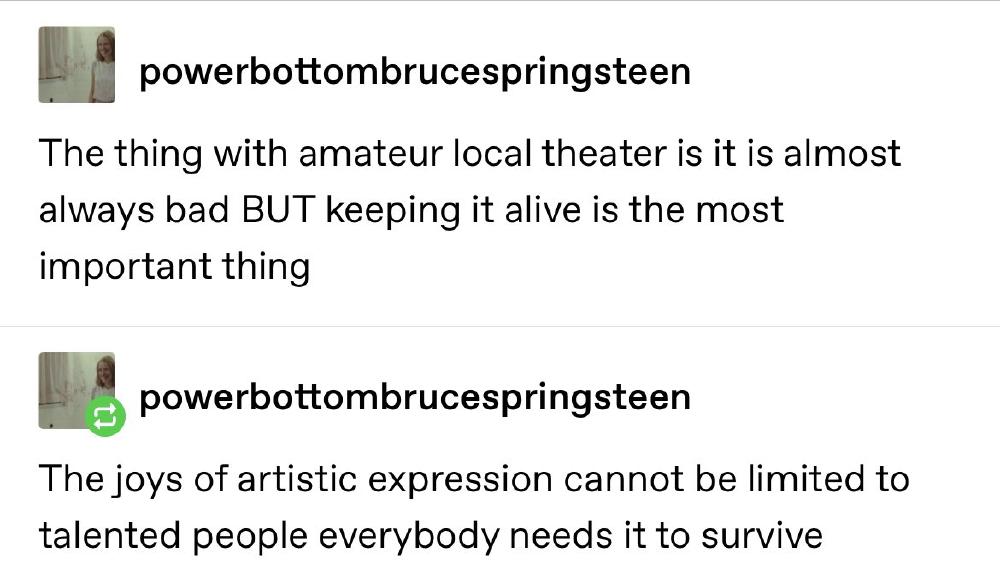one liverpool biennial thought
GDLP
Yeah, this should probably be a quick tweet that no one can hold me to or a full on essay with lots of research and justification and interviews and actual context. Not something in between. Not anything public when I am this wavy with fatigue, but here we go:
There is curation of art that already exists, and there is curation of new art that the artist already wants to make, and then there is the commissioning of art along very specific guidelines to fulfil agendas.* Sometimes, the art created in this last category can be soooo powerful or whimsical (or a third unexpected thing – because the artist is working with factors they cannot control (often, that’s other people)). However, sometimes the combination of artist and agenda is too awkward to make magic. And actually, the experience of the resulting art does not even feel like an experience of the art, but instead, an experience of budgets and programming and those * agendas I alluded to. Those higher cultural strategies. Or internal curatorial strategies.
Take as an example the Liverpool Biennial, who have been criticised heavily over the years for not feeling interested in the city whose name they carry. More like an organisation that keeps to itself, sucks up a lot of the budget alloted to culture round here (and volunteer labour), and elbows its way into spaces every other year before crawling back to its cave. The solution to this reputation might seem straightforward: commission artists to work with the people and places here, that way you become embedded. Better yet, commission artists to work with local people who have some kind of identifier in front of their name. Disabled, refugee, people in recovery. That way you get brownie points for sharing culture with people who you think need a slice of it (who you assume don’t have much culture of their own without your input…). I appreciate that this is what Liverpool Biennial are trying to do, to make good on the criticism they always receive. But it’s not that simple, is it? I went to see Melanie Manchot’s film STEPEHEN commissioned for this year’s festival and, yeah, the piece came off so awkwardly – so extractive?? and largely irrelevant – that this self-conscious formula for programming was like a veneer over the work. Let’s get a big name artist in, let’s find some people ~ in need, let’s make the artist go to the library (or to google) so they have some historical thing about liverpool on their mind, and then let’s shoe-horn all these elements together, slap on a high production value and oh yeah, let’s not think too closely about quality because the quality of the art doesn’t actually matter – we are protected from critique by the delicacy of our collaboration – and all that matters is that it happens, that we did it, that we paid for it and –
Maybe that’s fair! But I often think about the tumblr post that says:

I agree with it. It’s one of my favourite things anybody has ever said. But… it doesn’t make for an enjoyable art festival. It’s probably enjoyable for the collaborators (I can only hope, anyway. And I can only do that hoping for 1 second before I start to think about how the artist is getting paid, and no one else usually is, or if they are, it’s nowhere near the takeaway £ for the person whose name is on the project). I want to knock it but I don’t know how much I can go about knocking when I can see where it’s coming from. And again, maybe my enjoyment doesn’t matter! Maybe the audience isn’t the point at all. Maybe it’s all about the process, not the outcome. Maybe I’m being too leniant as I try to wrap this ‘one thought’ up. STEPHEN felt like a school project by someone who’s just learnt what meta means – and I know Melanie Manchot’s work is better than that… I just know every Biennial is gonna turn up this kinda stuff now. And a part of me feels guilty because I don’t think I foresaw ‘the solution’ being this much of an issue. Woooops